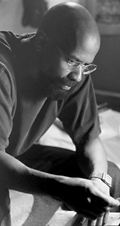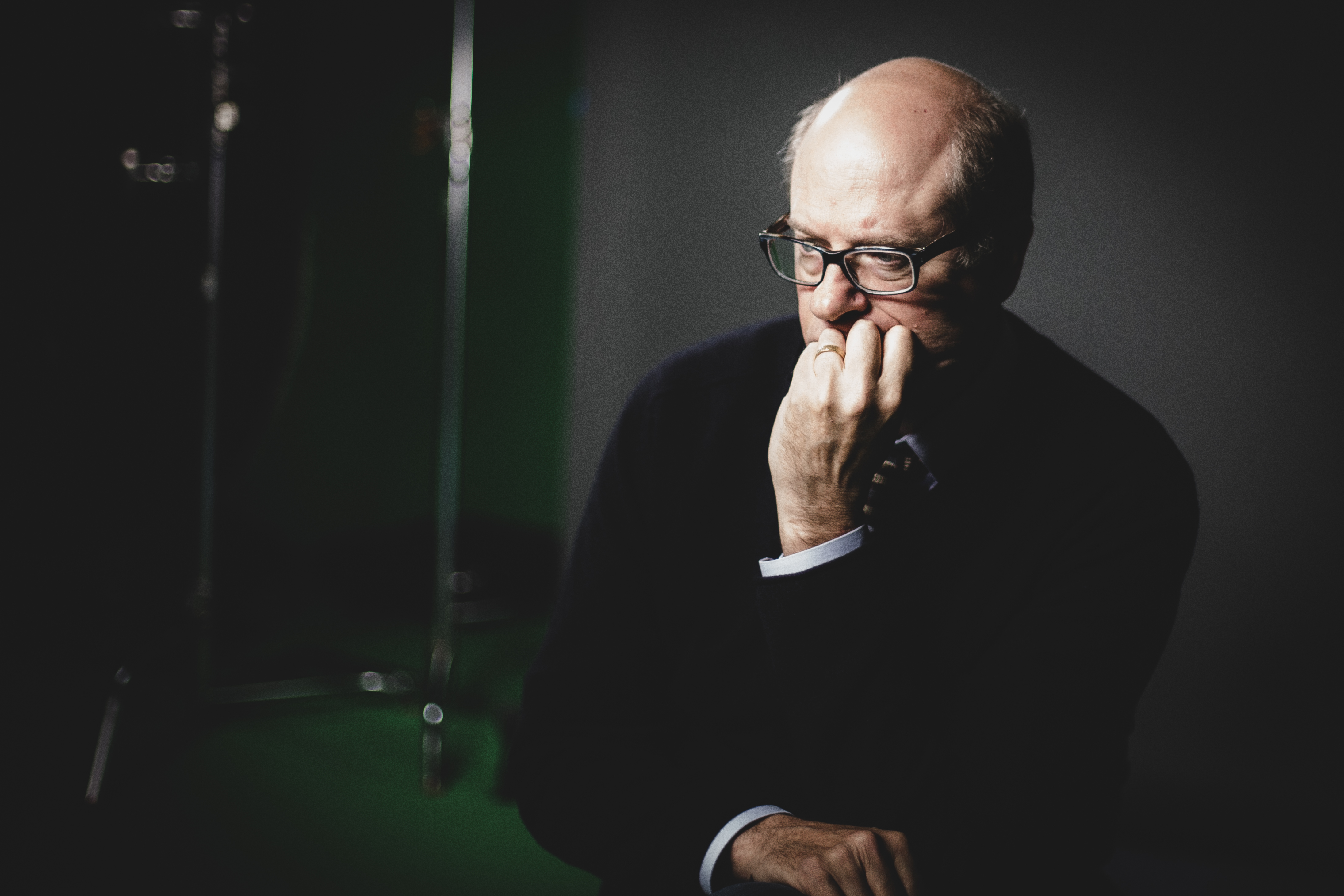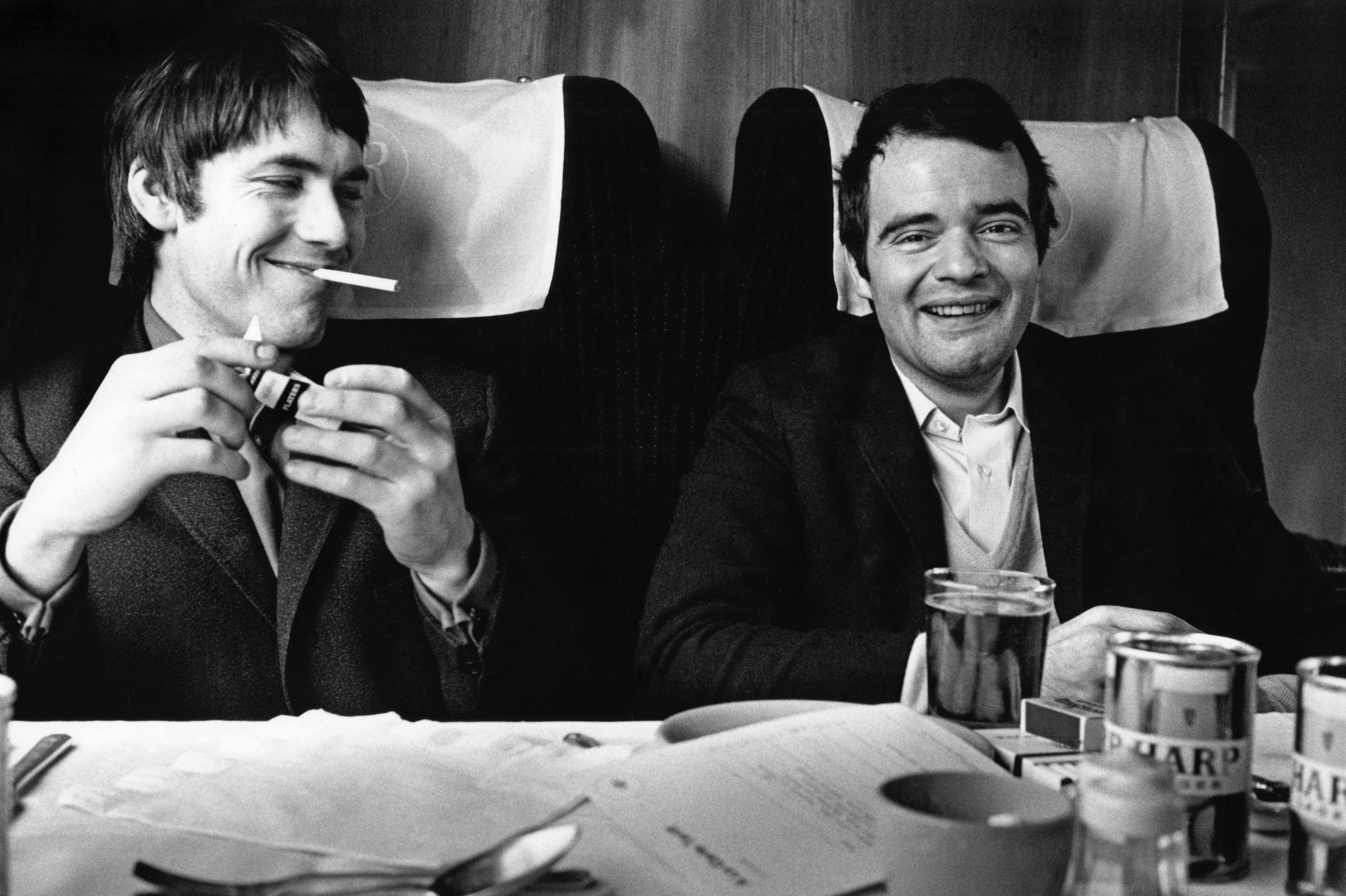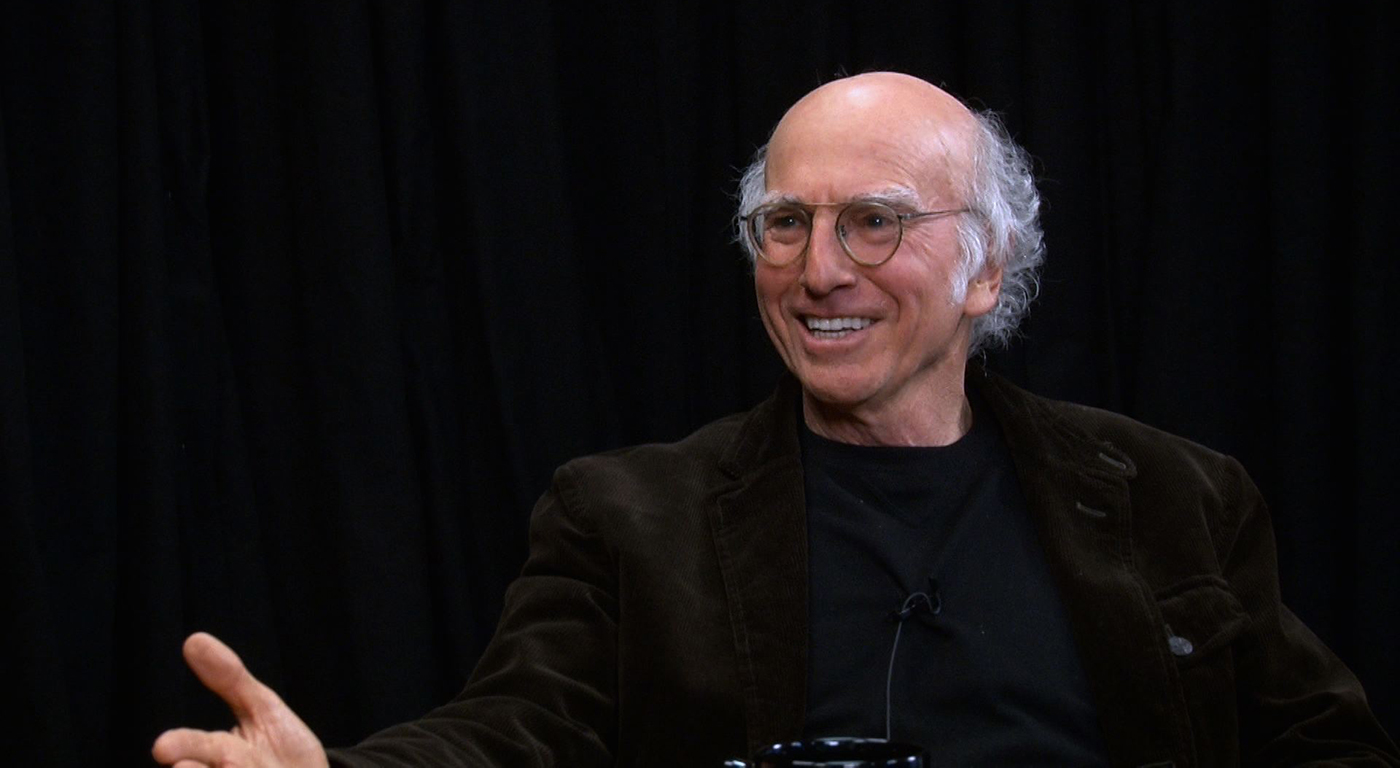SPIKE shoulda done it. In 1967, an all-white jury convicted boxer Rubin “Hurricane” Carter on a charge of triple murder, leading to a life sentence in prison. Crucial testimony came from two career criminals—themselves suspects in the crime—while New Jersey cops dismissed contradictory eyewitness accounts and hid evidence. Carter described his wrongful conviction in his 1974 autobiography The 16th Round; Bob Dylan immortalized him in song, and now Norman Jewison draws from both sources for his angry, passionate, yet ultimately frustrating tale of injustice.
THE HURRICANE
directed by Norman Jewison
starring Denzel Washington
opens January 7 at Meridian 16
With sharp economy and bold, vivid strokes, Jewison sketches Carter’s childhood, his rise to lightweight title contender status, and the fateful bar killings that led to his arrest. After years of unsuccessful appeals, Carter is forlorn and isolated, unable to stand further disappointment. Enter Lesra (Vicellous Reon Shannon), a young American ghetto kid living in a Canadian commune who reads Carter’s autobiography and writes him in prison. They strike up an epistolary friendship, each finding inspiration in the other, and then, naturally, Lesra’s idealistic “family” of students (led by Liev Schreiber) tries to exonerate the boxer.
As Carter, Denzel Washington again proves that he’s one of Hollywood’s finest, most versatile actors. With eyes burning with anger and seething with fear, he constantly flexes and tenses his confined athlete’s body. He never stops fighting: in the streets, in the ring, in prison.
The Hurricane is the most passionate, outraged work in years from Jewison (who dealt with similar themes in A Soldier’s Story and In the Heat of the Night). Flashbacks burn with fiery high-contrast color. Grainy black-and-white boxing scenes recall Raging Bull in both style and intensity. Yet the film’s dynamic interplay between varying perspectives and flashbacks suggests a complexity that, frankly, the screenplay never delivers. (It’s prime material for Spike Lee, who uses the contradictions within characters to explore the broader environment that forms them.)
Jewison finally turns Carter’s journey to freedom into a mirror of Malcolm X’s passage from anger to enlightenment, from hate to philosophical reflection. “Hurricane” Carter becomes Saint Rubin. Washington loses the fire in his eyes, as if Jewison needed to make the tough street fighter—an ex-con before the murders—more palatable to a mainstream audience. Jewison also reduces the institutional racism of the criminal justice system to a simple vendetta by a single bigoted cop. (Dan Hedaya can’t add depth to this stereotype.) The Hurricane is powered by righteous fury, but its anger is misdirected.







